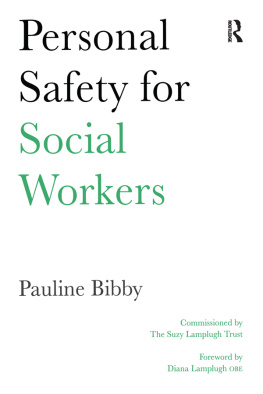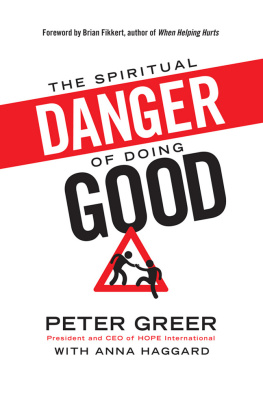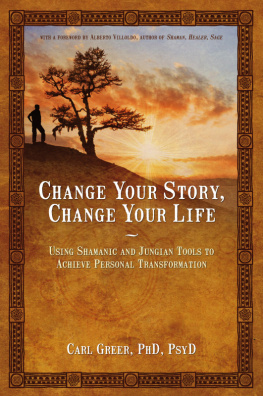Jim Greer - Resilience and Personal Effectiveness for Social Workers
Here you can read online Jim Greer - Resilience and Personal Effectiveness for Social Workers full text of the book (entire story) in english for free. Download pdf and epub, get meaning, cover and reviews about this ebook. year: 2016, publisher: SAGE, genre: Home and family. Description of the work, (preface) as well as reviews are available. Best literature library LitArk.com created for fans of good reading and offers a wide selection of genres:
Romance novel
Science fiction
Adventure
Detective
Science
History
Home and family
Prose
Art
Politics
Computer
Non-fiction
Religion
Business
Children
Humor
Choose a favorite category and find really read worthwhile books. Enjoy immersion in the world of imagination, feel the emotions of the characters or learn something new for yourself, make an fascinating discovery.

- Book:Resilience and Personal Effectiveness for Social Workers
- Author:
- Publisher:SAGE
- Genre:
- Year:2016
- Rating:3 / 5
- Favourites:Add to favourites
- Your mark:
- 60
- 1
- 2
- 3
- 4
- 5
Resilience and Personal Effectiveness for Social Workers: summary, description and annotation
We offer to read an annotation, description, summary or preface (depends on what the author of the book "Resilience and Personal Effectiveness for Social Workers" wrote himself). If you haven't found the necessary information about the book — write in the comments, we will try to find it.
Jim Greer: author's other books
Who wrote Resilience and Personal Effectiveness for Social Workers? Find out the surname, the name of the author of the book and a list of all author's works by series.
Resilience and Personal Effectiveness for Social Workers — read online for free the complete book (whole text) full work
Below is the text of the book, divided by pages. System saving the place of the last page read, allows you to conveniently read the book "Resilience and Personal Effectiveness for Social Workers" online for free, without having to search again every time where you left off. Put a bookmark, and you can go to the page where you finished reading at any time.
Font size:
Interval:
Bookmark:


- Jim Greer



Jim has also taught psychology, social care and social work for a number of years, sometimes in parallel with other roles. He is currently Principal Lecturer in Social Work, Teesside University. He is a member of the British Psychological Society and promotes the value of psychological and scientific approaches in social work education. He also utilises his experience in finance and service improvement in the teaching of organisational issues. He combines his academic duties with other roles including social work course endorsement and being a standing member of a committee of the National Institute for Health and Care Excellence.
Font size:
Interval:
Bookmark:
Similar books «Resilience and Personal Effectiveness for Social Workers»
Look at similar books to Resilience and Personal Effectiveness for Social Workers. We have selected literature similar in name and meaning in the hope of providing readers with more options to find new, interesting, not yet read works.
Discussion, reviews of the book Resilience and Personal Effectiveness for Social Workers and just readers' own opinions. Leave your comments, write what you think about the work, its meaning or the main characters. Specify what exactly you liked and what you didn't like, and why you think so.











